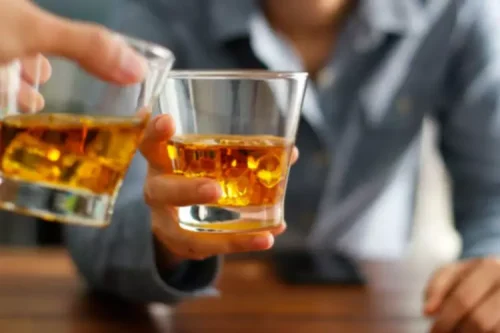
But some people might think they can’t quit alcohol because they’re used to drinking too much or for too long. In reality, it’s never too late for you to stop drinking alcohol and recover from its harms. Alcohol withdrawal causes a range of symptoms when a person with alcohol use disorder stops or significantly decreases their alcohol intake.
Boost brain power
The benefits of quitting drinking are often apparent soon after you stop, and will only continue to improve the longer you abstain from drinking. These symptoms peak within 72 hours, but people with serious alcohol withdrawal symptoms should work with a healthcare provider as the experience can be fatal. It decreases your chance of heart disease and blood pressure by controlling your intake of junk foods. Alcohol addiction is one of the major reasons people nowadays are having a weak immune system and mental health challenges, we would know.
Week two: Better brain function and lower blood pressure
Our bodies have the incredible capacity to heal, and with time sobriety can open the door to a happier and healthier life. While everyone’s experience is different, learning more about the typical withdrawal timeline can help you set expectations and make a plan to get through challenges. From weight loss to better sleep, the long-term and short-term side effects can be noticeable. Other medicines, counseling, and psychosocial support can also help to abstain or reduce unhealthy drinking. The important point is that one must be aware of the bad consequences of drinking and take steps to stop or reduce excessive drinking.
How is alcohol withdrawal diagnosed?
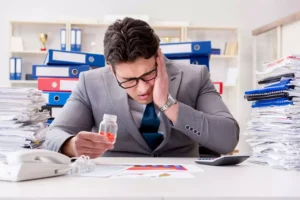
This way your healthy liver also gets affected since it has to break down alcohol and now the unhealthy food. Having an active mind and being occupied with an activity helps you to be aware of your own abilities, to work productively, and to better cope with the normal stresses of the day-to-day. Keeping yourself busy in activities creates chemical reactions in the brain that helps you to have good mental health, be alert, and improve your concentration. But now since you have quit alcohol for months, you get your own dopamine reflex back, and the desire to do things will also return. You start to find yourself again and indulge yourself in various good activities that will give you pleasure and satisfaction and thus, your mood improves. Because your sleep cycle has already normalized for months, and your muscles have gotten their required proportions.
Identify situations where you feel tempted to drink and avoid them. Here’s a general breakdown of what can happen when you stop drinking for a month. It’s important to note that the timeline for experiencing these effects can vary among individuals. In addition to the health benefits, when you stop drinking for any amount of time it automatically saves you money.
- For dependent drinkers, between hours is when withdrawal symptoms subside or become more manageable.
- If you’re considering a break from alcohol, it might also be helpful to think about why you drink.
- People with alcohol use disorder should be monitored by a medical professional when withdrawing from alcohol.
- “After a few months, the brain will begin to return to health,” says Dr. Abramowitz.
- Therefore, not drinking, especially for extended periods of time, can lead to significant improvements in sleep and sleep quality.
- Your CNS must work harder to overcome the depressant effects of alcohol to keep your body functioning.
It has a profound effect on every organ in the body and can lead to serious damage that is fatal. Whether you are stopping for good, or just having some time off, it’s a good idea to be prepared for the changes you could see. But first, if you think you may be dependent on alcohol, you should consult your doctor or another medical professional.
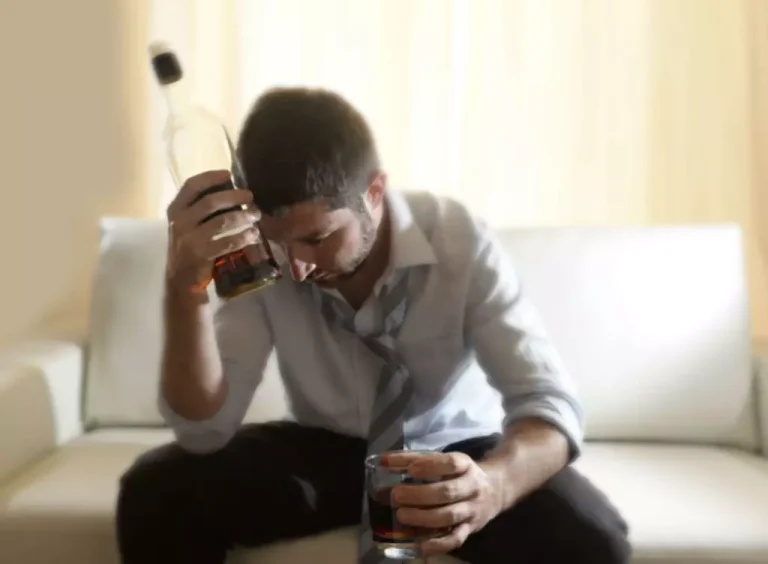
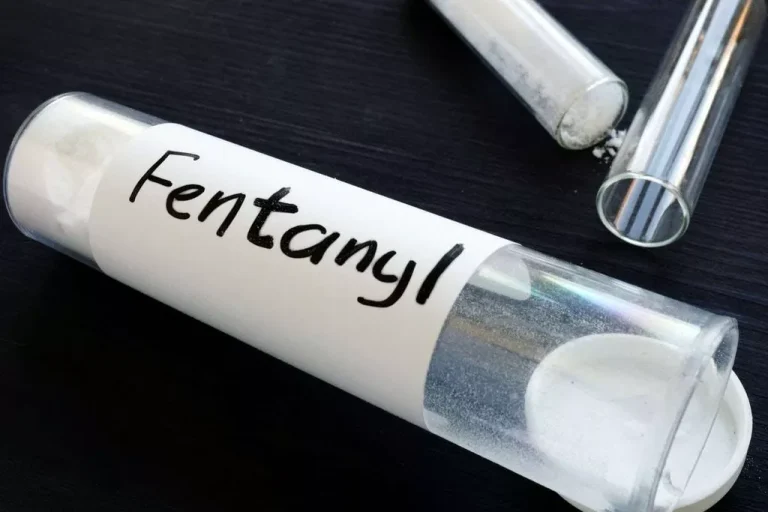
If alcohol is interfering with your health or your personal, financial, or professional life, consider quitting. When someone drinks alcohol for a prolonged period of time and then stops, the body reacts to its absence. This is alcohol withdrawal, and it causes uncomfortable what happens when you stop drinking physical and emotional symptoms. Working with a therapist can help you work through the emotional aspects of longer-term withdrawal, like anxiety and depression. It can also help you develop alternative coping mechanisms and tools to manage alcohol cravings.
There are many support options available that can help guide you through alcohol withdrawal, as well as abstaining from alcohol after withdrawal. There is no exact timeline for alcohol withdrawal, and individual factors, such as the level of dependence on alcohol, will influence it. The medical community often refers to the “four stages of withdrawal” as a roadmap for what someone might expect right when they stop drinking. Remember that it’s important to connect with a medical professional before you stop drinking to ensure that you can go through each stage safely. Brittany Burke Robert has written about health for Oprah Daily, Well+Good, Livestrong, Reebok, and other publications and digital brands for over 15 years.
- But severe or complicated alcohol withdrawal can result in lengthy hospital stays and even time in the intensive care unit (ICU).
- For dependent drinkers, blood pressure may reduce to normal levels by the 3rd or 4th week.
- Your sleep cycle is continuing to improve, so you’re getting even more REM sleep and feeling more rested.
- While you won’t start to lose weight immediately, you may gradually notice a change in your body.
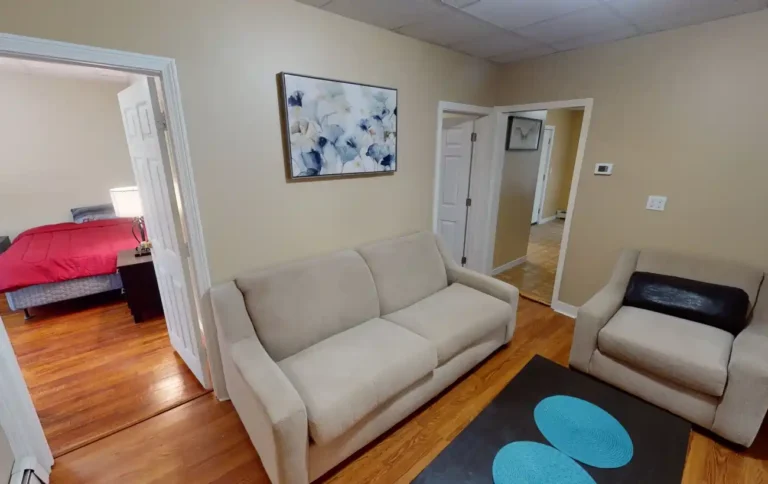
For many drinkers, the novelty of sobriety has worn off after the first 24 hours. By the end of 48 hours, a lot of people get discouraged if they don’t see any immediate benefits of not drinking. Prepare yourself with strategies to help you avoid triggers so you can quit alcohol. This may include alcohol-free events or socializing with people who don’t drink. Swap alcohol for non-alcoholic beverages such as mocktails or soda water with lime. Embarking on a journey of sustained sobriety brings forth many long-term benefits that extend beyond the initial phases.

